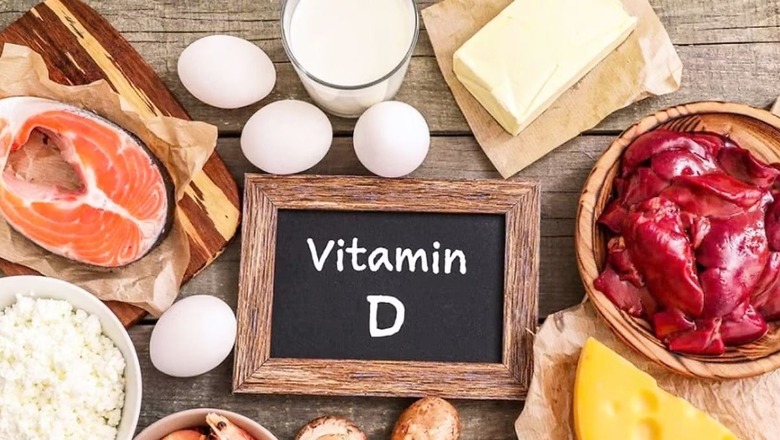
views
In today’s fast-paced world, maintaining optimal health is more crucial than ever and one key component of overall wellness is ensuring an adequate intake of essential nutrients like vitamin D. This vital nutrient plays a multifaceted role in the body, contributing to bone strength, immune function and even mood regulation.
One of the primary functions of vitamin D is facilitating calcium absorption, a process critical for bone mineralization and maintaining the balance of calcium and phosphorus in the blood. It helps prevent conditions like rickets and osteomalacia and promotes overall bone health. Moreover, emerging research suggests that maintaining optimal vitamin D levels may also have positive effects on cardiovascular health, further underscoring its importance.
While sunlight exposure remains the primary source of vitamin D, busy lifestyles and indoor occupations often limit our ability to soak up this essential nutrient from the sun. As a result, it becomes imperative to incorporate vitamin D-rich foods into our diets to meet our body’s needs.
Dr. VK Pandey, a renowned medical expert, emphasises the role of dry fruits in addressing vitamin D deficiency. Dry fruits, also known as nuts, are not only excellent sources of vitamin D but also pack a nutritional punch with other essential vitamins and minerals. Among them, raisins stand out as a particularly rich source of vitamin D, with 100 grams containing 2.1 micrograms of this crucial nutrient. Additionally, raisins provide essential vitamins A, B, and C, along with minerals like fibre and iron, making them a powerhouse of nutrition.
Moreover, the antioxidants found in raisins contribute to overall well-being, promoting healthy eyes and shiny hair while supporting immune function. Consuming a small amount of raisins before bedtime can also be beneficial, as their high fibre content helps promote satiety and aids in weight management by curbing hunger cravings and providing sustained energy.
Incorporating dry fruits, especially raisins, into our daily diet offers a convenient and delicious way to ensure adequate vitamin D intake and reap the associated health benefits. Whether enjoyed on their own as a snack or added to meals and desserts, these nutrient-rich treats can play a valuable role in supporting overall health and well-being. With their versatility and nutritional profile, dry fruits like raisins are indeed a natural solution for addressing vitamin D deficiency and promoting optimal health.




















Comments
0 comment